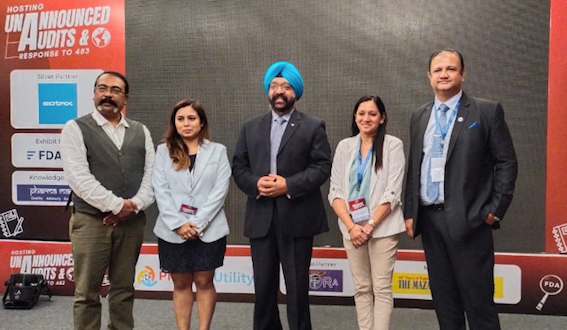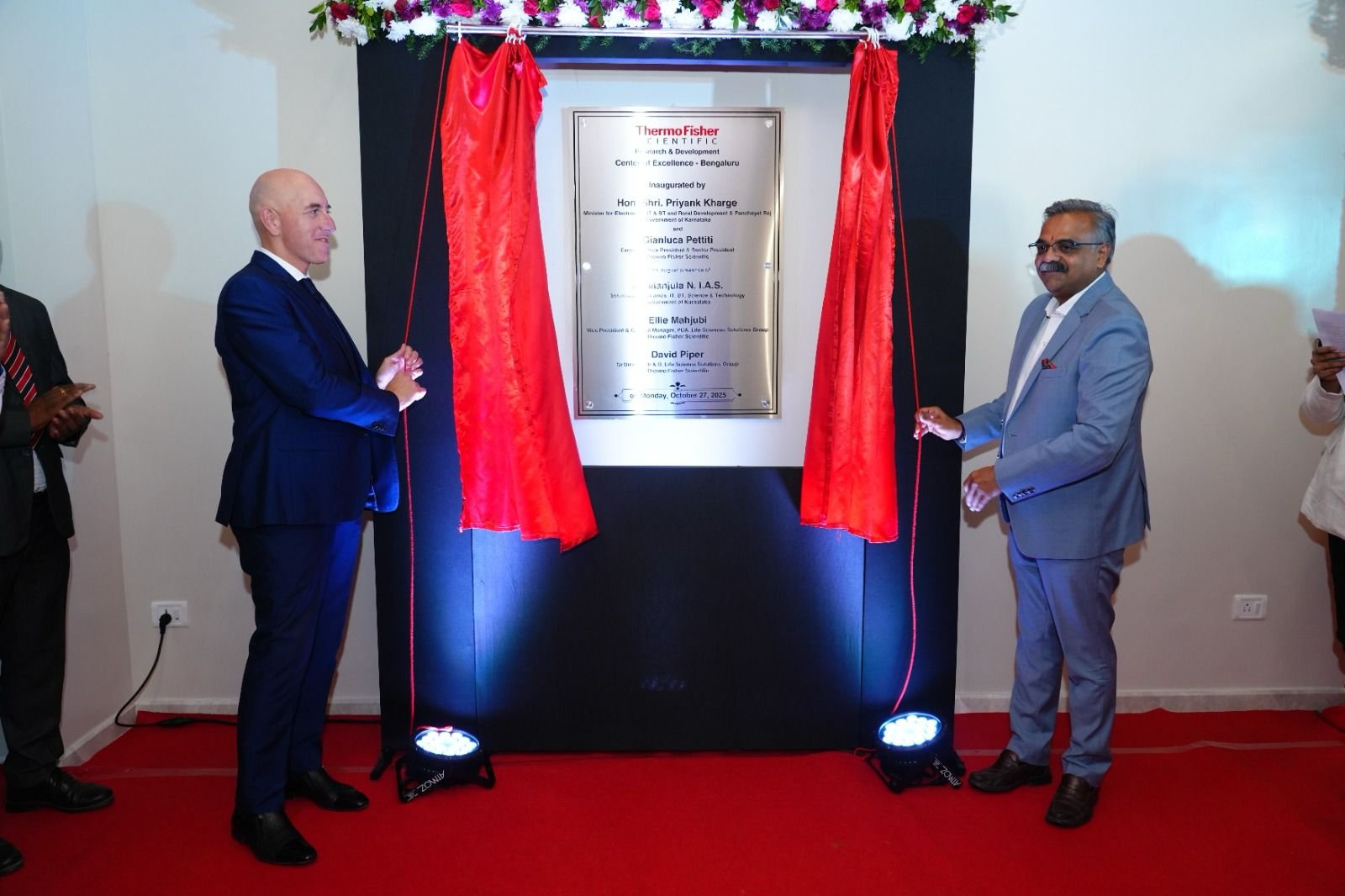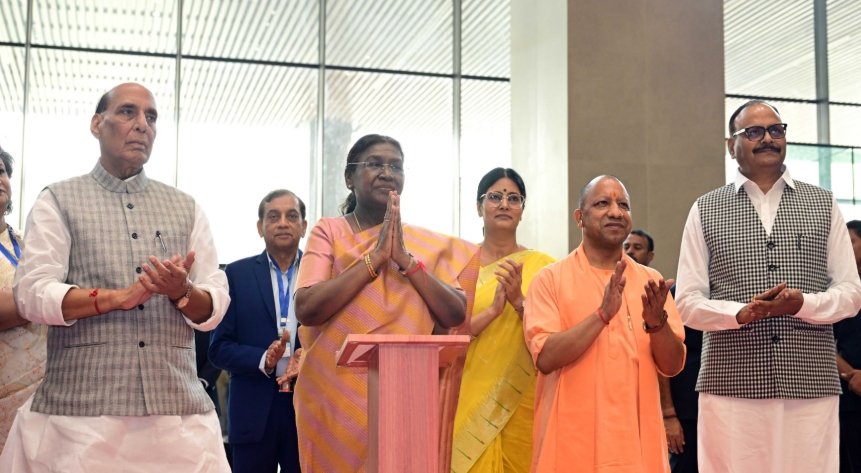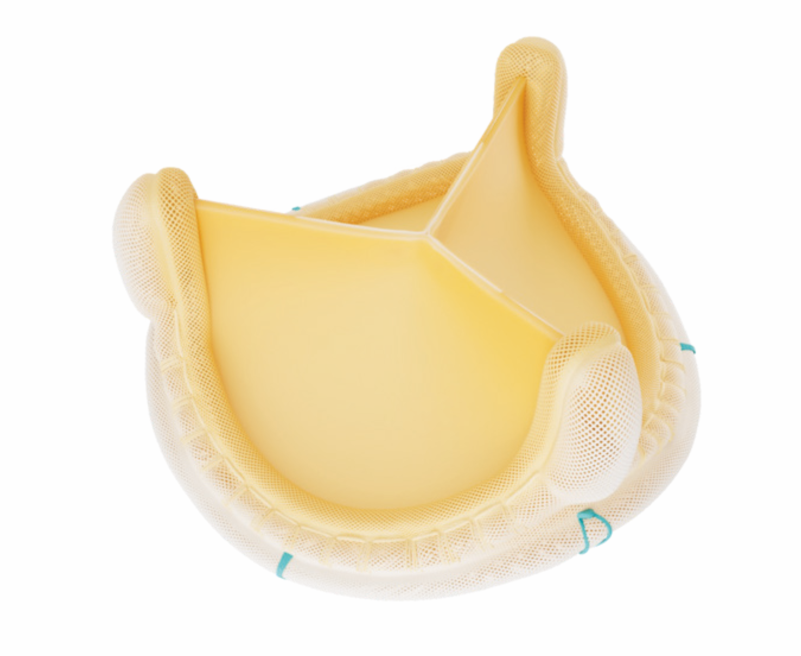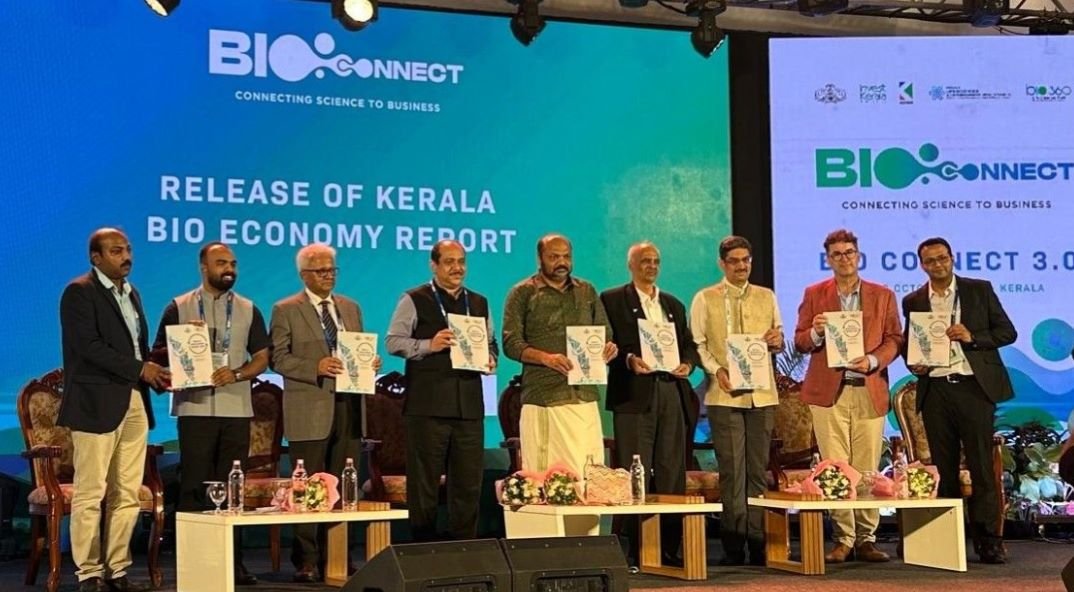There should be movement from rules-based compliance to engagement: Dr Sanjt Singh Lamba, Managing Partner, Trillyum Consulting
April 19, 2023 | Wednesday | News | By Bhagwati Prasad
Controls must be in place to ensure integrity of the records throughout their lifecycle for both paper and electronic records
At a recent workshop in Mumbai on “Hosting Unannounced Audits and Response to 483”, experts have advocated quality assurance of medicines through Good Documentation Practices (GDP) and Data Integrity Governance. Held on April 12 and 13, 2023, the event was organised by Bluetech Media with Sotax as Exhibit Partner, FDAlytics as Silver Partner and PharmaMantra as Knowledge Partner.
GDP is a set of rules that are required for the safety and quality of pharmaceutical products. In the pharmaceutical sector, documentation is required in the areas of manufacturing, distribution, laboratory, clinical and documentation.
Data integrity refers to maintaining and assuring the accuracy and consistency of data over the entire data life-cycle to ensure data is recorded exactly as intended. This also ensures that the data remains unchanged upon later retrieval, just as it was originally recorded.
Highlighting the role of GDP, Dr Sanjt Singh Lamba, Managing Partner, Trillyum Consulting and Advisory and chief executive officer of Biocuris Pharmaceuticals Private Limited said, “Controls must be in place to ensure integrity of the records throughout their lifecycle for both paper and electronic records. The controls should include the following like secure controls for ensuring data reliability, authenticity, integrity and confidentiality. A GDP record must have only one Official Record. GDP records must have a defined Record Owner (either function or person). Record Owners must be defined in the record management inventory. This inventory must be approved by the corresponding Quality group and be stored in the Electronic Document Management System (eDMS).”
Dr Lamba further explained that a local procedure for changes of the ownership, location, archival, or destruction of a GDP record must be in place. A record retention schedule or specific retention rules must be identified for all GDP records. GDP records must be maintained and be readily available throughout their lifecycle.
"Senior management, under the European Union (EU) Good Manufacturing Practices (GMP) Chapter 1 is responsible for the overall quality system and that includes data integrity", added Dr Lamba.
Experts also spoke about data falsification and fraud in the pharma industry which is essentially testing into compliance and is a practice that is intended to deceive. This implies that batches or material are passed as within specification with a combination of the following activities. One of the activities is recording a result on paper without any corroborating documented evidence. Second being continuing testing until an acceptable result is obtained that passes. This may be accompanied by deletion of earlier failed test results or the use of samples as system suitability test injections to see what the result is before committing the run for analysis.
Other kinds of data falsification include copying a passing result file from one batch into a new batch without doing the actual analysis. This may include doing an analysis and then calculating what the weight of the sample should be to pass and then fabricating the balance data.
Performing 'chromatographic analysis' without any physical chromatographs, merely reintegrating and printing the same sets of data using a chromatography data system is yet another form of falsification. Manually integrating chromatograms into compliance by skimming or enhancing peaks of standard chromatograms but not the sample ones or vice versa, was also highlighted.
“Quality culture starts with leadership that understands that human behaviour and motivations are critical to meeting ongoing quality requirements, and naturally emphasises continuous improvement of processes. There should be movement from rules-based compliance to engagement. Only engaged passionate people make things happen,” Dr Lamba concluded.
While talking about the relevance of the event, Udaykumar K Rakibe, Course Director and Founder, PharmaMantra said, “The workshop focused on addressing challenges faced by global, corporate and site professionals before and during a regulatory audit.”
Bhagwati Prasad
Image caption- Standing in the middle Dr Sanjt Singh Lamba, Biocuris Pharmaceuticals Private Limited with Udaykumar K Rakibe from PharmaMantra on the left


